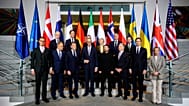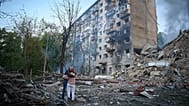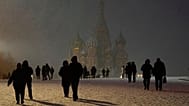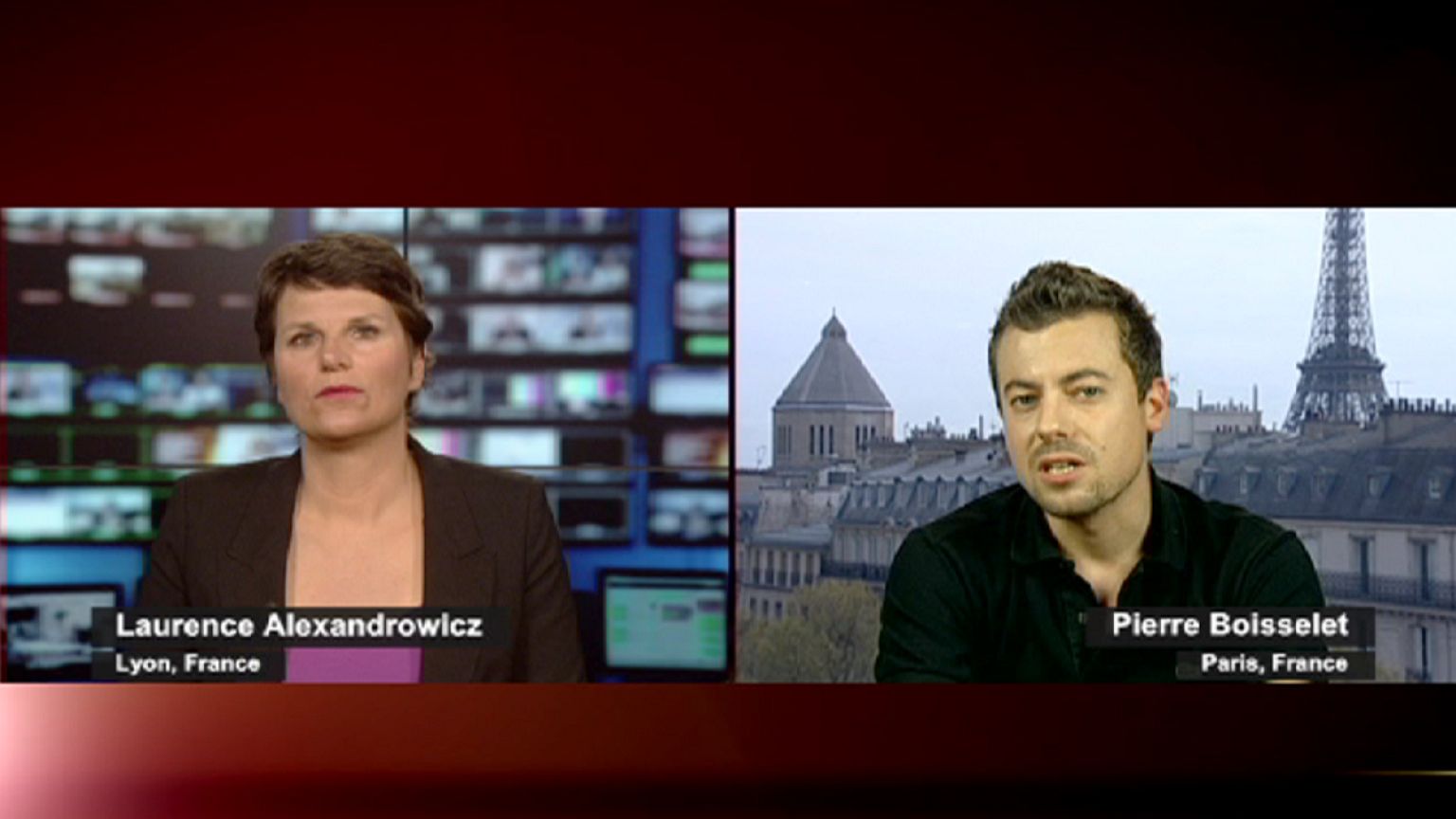In an interview with Pierre Boisselet, a journalist with the weekly publication Jeune Afrique, (Young Africa) Euronews asked if, 20 years after Rwanda’s genocide, justice has been done.
Pierre Boisselet, Jeune Afrique: “Most of the guilty, or at least most of the leaders have been arrested. And most have been tried by the (International Criminal Tribunal for Rwanda) Tribunal Pénal International pour Rwanda (TPIR) based in Arusha in Tanzania. Not all of them were found guilty. And not all of them received long sentences; some of the sentences were much reduced on appeal. And then, some of the fugitives have not been apprehended. And finally I think, as for the leaders, some of them are still in exile in countries which are slow to bring them to justice. We can refer to the case in France, where a Rwandan has only just been found guilty for his role in the genocide. But there are many others on their doorstep, who are suspected of having taken part in organising this genocide.”
Laurence Alexandrowicz, euronews: “How has Rwanda reconstructed itself after the massacre? It’s hard to imagine Hutus and Tutsis living together. Is reconciliation possible in Rwanda?”
Pierre Boisselet, Jeune Afrique: “Today Hutus and Tutsis live together in Rwanda. The Rwandan Patriotic Front follows a policy of reconciliation – anyway that is how they present it – which, in particular, included an unusual process called Les Gacaca. You know in fact that in 1994, there were a great number of people suspected of having taken part in the genocide. It ran into hundreds of thousands of people, and in order to try and judge all these people Rwanda set up people’s courts which were held in all the villages and gradually tried over a million and a half people.
“So it really was a massive phenomenon and it lasted for ten years. And these courts aimed at confession: at making people who committed genocide admit what they had done. That meant they could be given reduced sentences and regain their freedom quite fast. That means that today, people who were known to have taken part in genocide are once again at large, sometimes living beside the families of their victims.”
euronews: “And have people forgiven each other?”
Pierre Boisselet, Jeune Afrique: “There is still a strong feeling of rancour in Rwanda. But it is difficult to stop that for the good reason that the current Rwandan government has decided to stop distinguishing between Hutus and Tutsis when talking about the genocide.
So in public speeches you just don’t hear that distinction very often, and it has even become a taboo subject, we could say. Except at genocide memorial events, where they talk a lot about the massacre of the Tutsis, and the Rwandan government really stresses the fact very heavily.”
Rwanda 20 years after the genocide
Rwanda has made clear progress compared to 20 years ago. In 1994, the land of 1,000 hills ran with blood; 800,000 people’s lives were extinguished in the genocide, and its economy was ruined. The country of 11 million today has multiplied per capita income by five. The poverty rate has receded by 25 percent, and Rwanda by 2020 is aiming to rise further economically by converting more away from agriculture and towards services.
Growth last year was 4.6 percent; the year before, 7.3 percent. Foreign aid provides 40 percent of the budget. Annual GDP per person is just above 500 euros. Almost half the population still live in officially defined poverty.
The exporting of raw materials and of manufactured products is central to Rwanda’s ambitions. For it to realise these, there must be enormous improvement in its infrastructure and a boost in access to electricity.
Weaknesses aside, Rwanda’s highlights include its efforts in education; 96 percent of all children go to school, and using a personal computer is part of the primary programme called One Laptop per Child. In 2012, schools had 115,000 laptops, although there are 2.3 million pupils.
Seventy percent of the population is younger than age 25, and Rwanda is counting on its young people learning well to develop the services sector, in which investment soared from 583 million euros in 2012 to one billion in 2013.
A shadow hangs over Rwanda, however: the alleged role Kigali played in destabilising eastern Democratic Republic of Congo. Questions also surround the assassination of dissidents who had fled to other countries, and suspicions persist that resources were taken illegally from Congo.















